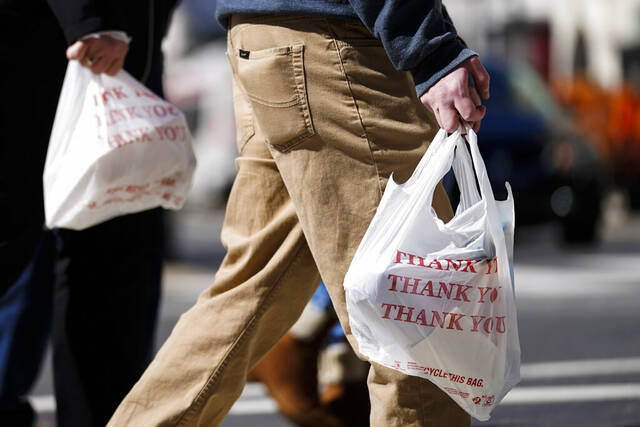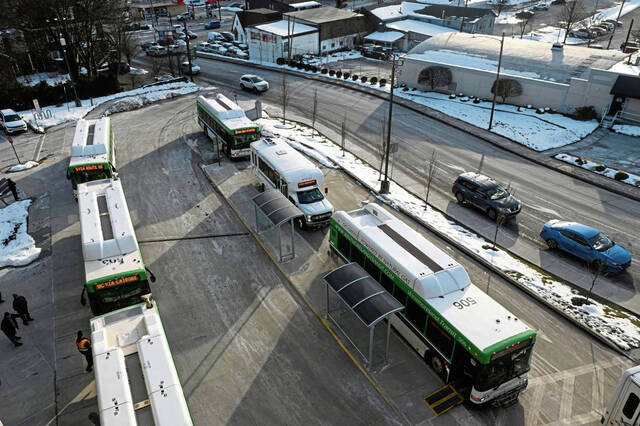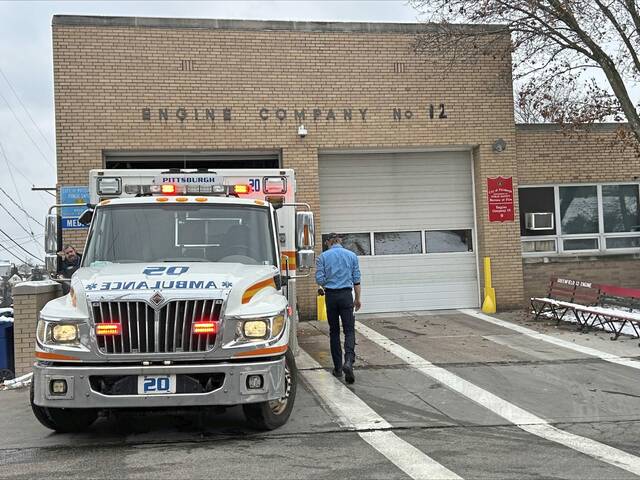The good thing about living near a big city is you get the benefits of events like concerts that would never come to a town of 2,000 people or sports teams that provide a reason to cheer on a Sunday afternoon.
The down side can be that proximity can take over the identity of a whole region — whether you want it to or not.
Pittsburgh, for example, can become the default location for anyone in Southwestern Pennsylvania. While that helps someone from Chicago or Dallas figure out your home base, it should not be a way to strip local decision-making abilities.
There are 130 municipalities in Allegheny County. There are another 65 in Westmoreland County. Then there are all those in Armstrong, Beaver, Butler, Fayette, Greene, Indiana, Somerset and Washington — the corner of Pennsylvania easily painted black and gold as if it didn’t have hundreds of other communities, counties and school districts.
Often, this is just a periodic annoyance. Sometimes it becomes more.
On Tuesday, Pittsburgh City Council unanimously passed a ban on most single-use plastic bags. Well, the language says “most,” but with the number of exceptions for single-use bags that aren’t shopping bags, it’s hard to tell. You still can use a bag one time to sack up your tomatoes, contain your chicken breast package so it doesn’t drip on your other groceries, wrap flowers, pick up dog poop and put out your trash.
Instead, shoppers will have to bring (or purchase) reusable bags or pay 10 cents apiece for paper bags. The rule will be implemented in 2023 to give stores time to make the switch.
OK, so that’s just in Pittsburgh. It won’t matter across its borders.
It won’t have to matter, no. But whether it will or not ultimately is a different question. If powerhouse retailers have to make a change for Pittsburgh, it might drive change beyond the city limits.
For example, if a store chain has locations in Pittsburgh and other areas like Tarentum, New Kensington, Murrysville or Greensburg, would it make sense for them to make policy changes to half of its outposts, or would a new overall game plan be easier to put in place?
San Francisco was the first city in the U.S. to ban the bags in 2007. By 2014, the state of California had followed suit. With Philadelphia’s bag ban taking effect this month and Pittsburgh’s newly passed, it seems likely that the state’s two biggest cities could easily drive a similar statewide requirement.
That isn’t to say that reducing single-use plastics is wrong or bad. It is just regrettable that the City of Pittsburgh could make a choice while other municipalities could end up dragged along for the ride.








